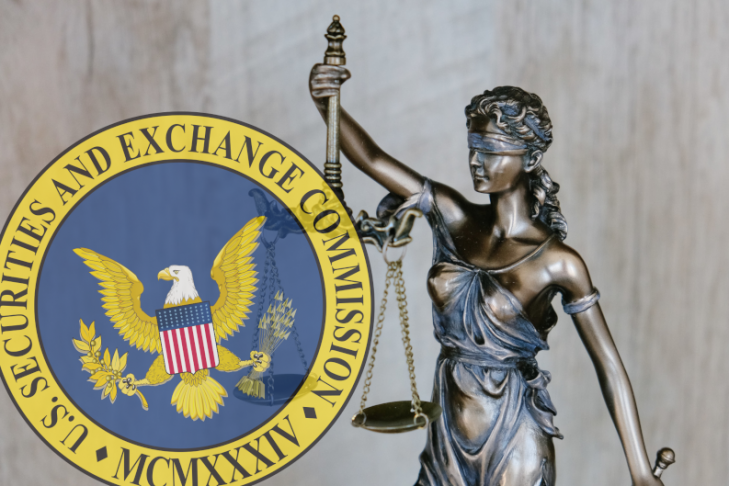
SEC Summary for January: Nexo, Genesis, Gemini, Coindeal, and More
Jan 30, 2023, 5:03PM by Mike Dalton
by Mike Dalton
The U.S. SEC has engaged with several crypto projects in recent weeks. Here are the regulator's latest activities.
Over the past several weeks, the U.S. Securities and Exchange Commission (SEC) has engaged with or taken action against various cryptocurrency projects.
Recent SEC Decisions
The SEC settled with Nexo on Jan. 19. The regulator alleged that the availability of Nexo's interest-bearing EIP product within the U.S. constituted an unregistered securities offering. Nexo will pay $45 million in penalties to the SEC and other state securities regulators and will continue to operate outside the U.S.
The regulator additionally filed charges against Genesis and Gemini on Jan. 12. Those two companies partnered to offer an interest-bearing service called Gemini Earn, which failed in November. Though the SEC’s latest announcement does not indicate how much those firms will pay, the fact that Earn held $900 million for investors at the time of its failure suggests that the two firms will face a significant penalty.
Meanwhile, Bloomberg has reported that the SEC is probing Digital Currency Group over internal transactions that DCG made to Genesis, its subsidiary.
The SEC has also taken action against fraud. On Jan. 20, it announced charges against Avraham Eisenberg, who exploited Mango Markets for $116 million. On Jan. 4 it charged Neil Chandran and others behind a $45 million scam called Coindeal.
Upcoming Developments
Several SEC-related outcomes are pending. Ripple CEO Brad Garlinghouse said that he expects to end his firm's ongoing legal battle with the SEC in the first half of this year. Unlike other firms, Ripple hopes to refute the SEC’s allegations rather than instantly settle. As such, the outcome will be determined through a judgment.
Elsewhere, Binance.US is attempting to overcome the SEC’s limited objections to its plans to buy the assets of Voyager Digital. Plus, Grayscale has once again urged the SEC to permit its proposed Bitcoin ETF, calling objections “illogical.”
The SEC currently has extensive regulatory authority over the U.S. crypto industry, but it is not the only agency with those powers. The DOJ has recently taken action against the Hong Kong-based exchange Bitzlato, while the SDNY is responsible for cases against FTX and its associated parties. There is also considerable overlap between each regulator, as each agency often files parallel charges.
The SEC and other U.S. regulators will undoubtedly persist in taking action against crypto companies in the near future. The harsh market has forced many firms to reveal their shortcomings, making them a prime target for regulators at the moment.
Disclaimer: information contained herein is provided without considering your personal circumstances, therefore should not be construed as financial advice, investment recommendation or an offer of, or solicitation for, any transactions in cryptocurrencies.

















